
China’s Increasing Influence on Nepal’s Political Sphere Raises Concerns Over CPC’s Growing Dominance
In a move that has raised eyebrows across Nepal’s political landscape, the Communist Party of China (CPC) invited at least 15 leaders from each of Nepal’s political parties represented in the House of Representatives for a rare party briefing. The event, scheduled for Sunday at the Yak and Yeti Hotel in Kathmandu, has ignited criticism about China’s increasingly bold efforts to influence internal political dynamics in Nepal.
The invitation, extended by the CPC’s International Department and the Qinghai Provincial Committee, has sparked concerns about the appropriateness of foreign political parties engaging so directly with Nepal’s internal political actors. This kind of intervention is unprecedented, with many questioning why a foreign party should hold a briefing for domestic political leaders on their own internal matters, such as the recently concluded 3rd Plenary Session of the 20th CPC Central Committee.
One senior leader from the CPN-UML remarked, “This is the first time we are seeing such a practice in Nepal. We’ve been invited, so we will attend, but it’s up to the government to decide if political parties from another country should be allowed to organize internal party briefings here.”
The event, sanctioned by the Ministry of Foreign Affairs, reflects China’s growing clout in Nepal, where it seeks to promote its political model and “modernization” agenda. However, this blatant outreach has left many questioning Nepal’s sovereignty in the face of rising Chinese influence. Critics argue that such direct engagement by China, especially the CPC, contradicts democratic values and highlights Beijing’s long-term goal of aligning Nepal’s political system more closely with China’s one-party authoritarian regime.
Analysts have also noted that President Xi Jinping’s administration is attempting to assert dominance over neighboring nations through such forums, while carefully masking the agenda behind terms like “opportunities of Chinese modernization” and “Trans-Himalaya Cooperation.” While China promotes these as benevolent gestures, the reality, according to critics, is that such actions serve Beijing’s strategic interests, seeking to entangle countries like Nepal more deeply into its political and economic sphere.
The CPC’s repeated claims that the Belt and Road Initiative (BRI) is unfairly labeled a “debt trap” further reveal China’s frustration with international criticisms. In fact, the event can be seen as a thinly veiled effort to push back against growing global skepticism over China’s controversial development strategy and its attempts to export its governance model to other countries, including Nepal.
A political expert commented, “Nepal is at risk of being a pawn in China’s broader geopolitical game. The CPC’s increasing involvement in Nepal’s internal affairs could lead to a situation where Nepali sovereignty is compromised, all under the guise of cooperation and modernization.”
Adding to this, China’s recent donation of seven electric vehicles to Nepal’s Ministry of Foreign Affairs, which were stuck at the border due to unpaid taxes, underscores the transactional nature of Chinese diplomacy. While such gifts may seem beneficial, they come with strings attached, further deepening Nepal’s dependence on Beijing.
The briefing, as well as China’s growing role in Nepal’s political and economic spheres, is a stark reminder of the broader trend of Chinese influence under Xi’s leadership. It’s a calculated move to expand control over Nepal, challenge democratic norms, and further Beijing’s ambitions of becoming the dominant power in the region. Critics argue that if Nepal’s leaders continue to accept such overtures, it risks turning the country into yet another satellite of China’s authoritarian system, undermining its democracy and independence in the process.
- Light Rainfall Forecasted in Koshi and Gandaki Regions Today
- Nepal’s Trade Deficit Surpasses Rs 460 Billion in First Four Months of Fiscal Year
- Indian Army Chief General Upendra Dwivedi Visits Muktinath Temple and Nepal Army’s Western Division Headquarters
- Indian Army Chief Visits Pokhara, Honors Gorkha Veterans and Gallantry Awardees
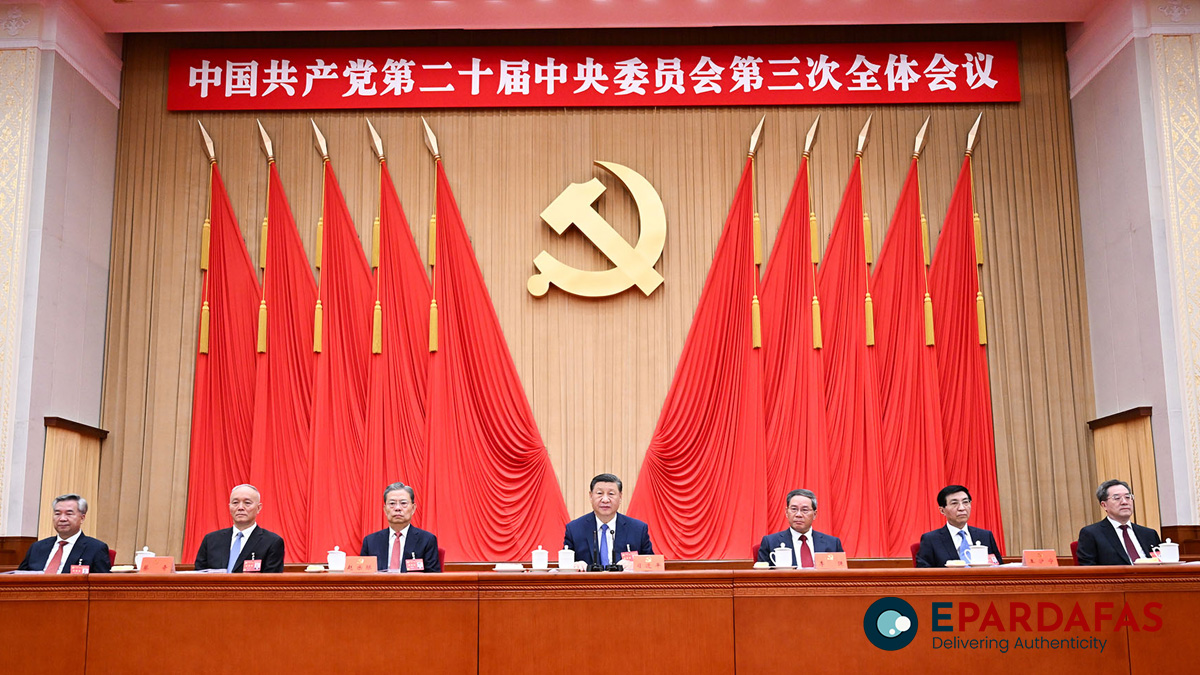
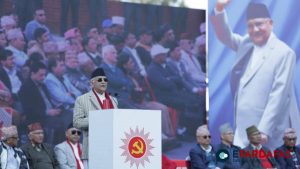


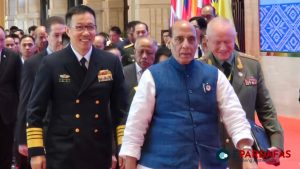
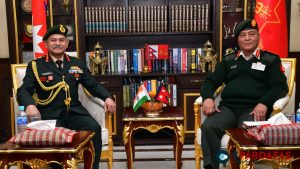






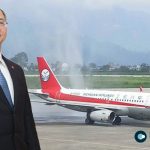
Comments